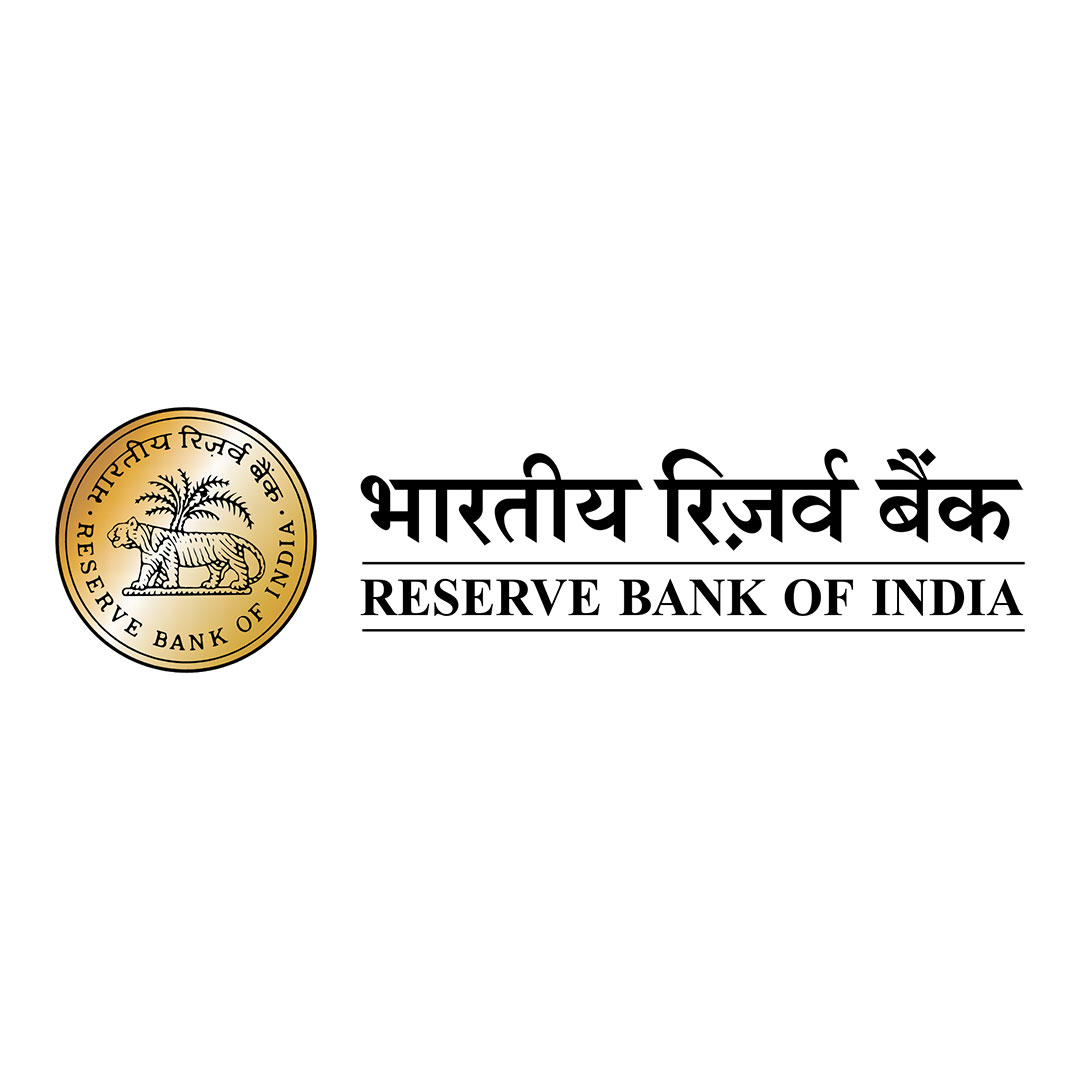
The Reserve Bank of India (RBI) has introduced a draft framework for the recognition of Self-Regulatory Organizations (SROs) in the FinTech sector, aiming to strike a balance between fostering innovation and ensuring consumer protection. The central bank acknowledged the transformative impact of FinTechs on financial services, emphasizing their role in streamlining processes, enhancing accessibility, and reducing costs.
The proposed framework underscores the importance of achieving equilibrium between facilitating industry innovation and meeting regulatory priorities to safeguard consumer interests and mitigate risks. Self-regulation within the FinTech sector emerges as the preferred approach to strike this delicate balance, as outlined in the draft, for which comments are solicited until the end of February 2024.
According to the draft framework, the RBI will invite applications for SROs in the FinTech sector, either for the entire sector or specific sub-sectors, as needed. The selection of SROs will be contingent on the number and nature of applications received. The SRO for the FinTech sector is expected to operate objectively, ensuring credibility and responsibility under regulatory oversight. It should contribute to the healthy and sustainable development of the FinTech sector and, if necessary, establish a phased regulatory compliance plan.
The draft mandates that an SRO for the FinTech sector should be a not-for-profit company, genuinely representative of the sector, independent, and an impartial arbiter of disputes. It should encourage members to adhere to regulatory priorities and maintain a repository of relevant information. Applicants for SROs should demonstrate sufficient net worth and the capability to establish necessary infrastructure for effective and consistent SRO operations.
Moreover, the draft emphasizes the need for a robust IT infrastructure and the ability to deploy technological solutions within a reasonable timeframe. The applicant SRO should encompass membership across entities of all sizes, stages, and activities within the FinTech sector. Failure to demonstrate comprehensive membership may result in the denial or revocation of recognition.
Concerning the functions and responsibilities of the SRO, the draft specifies that it should guide member conduct, ensure adherence to industry standards, compliance with relevant laws, and maintenance of high ethical standards. This involves establishing and enforcing guidelines for consumer protection, data security, data privacy, and more. The SRO should play a pivotal role in promoting responsible innovation by providing a framework that encourages responsible experimentation. Additionally, it should establish a grievance redressal and dispute resolution framework for its members.
The proposed SRO for the FinTech sector is expected to play a crucial role in ensuring compliance with statutory and regulatory frameworks, adherence to industry standards, and best practices. It will also facilitate transparent communication channels with the Reserve Bank of India, marking a significant step in fostering a regulated yet innovative FinTech landscape.
Read more: https://fintechfrontiers.live/unobank-a-new-star-in-the-philippine-banking-horizon/




